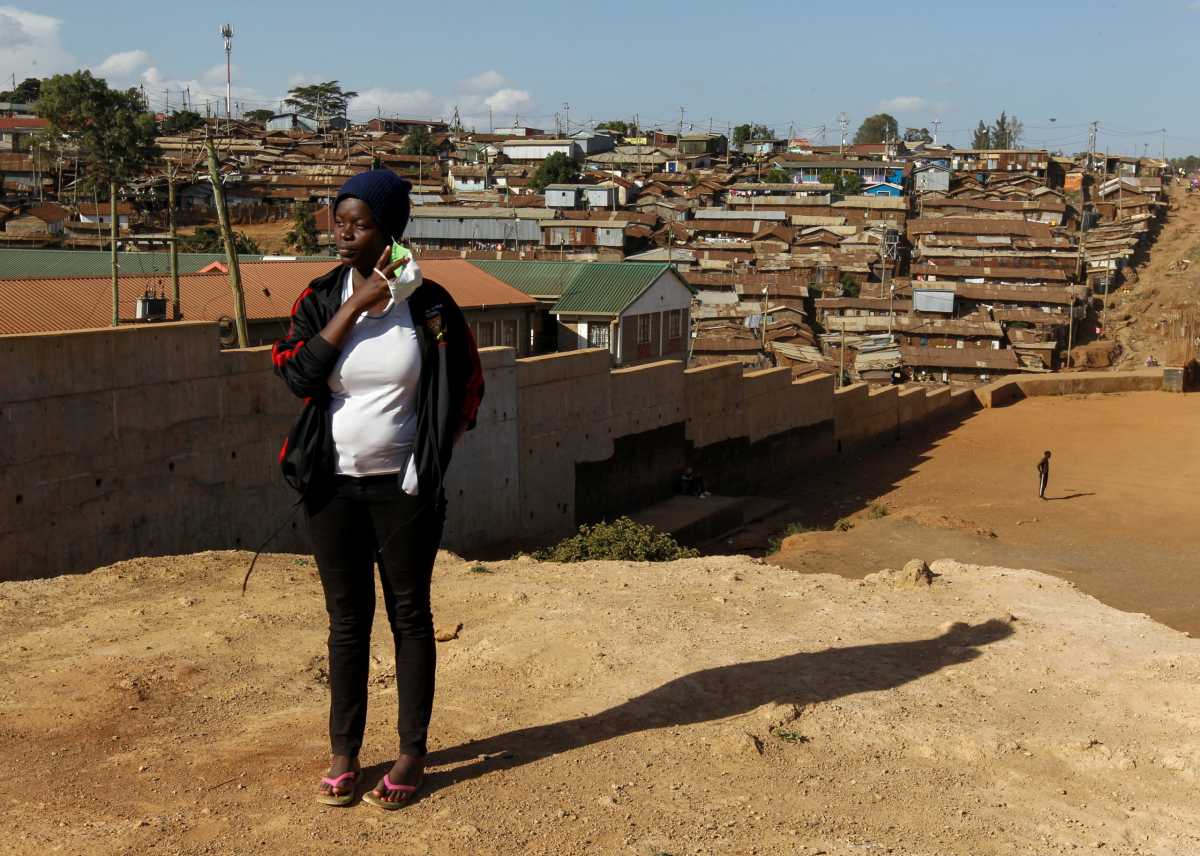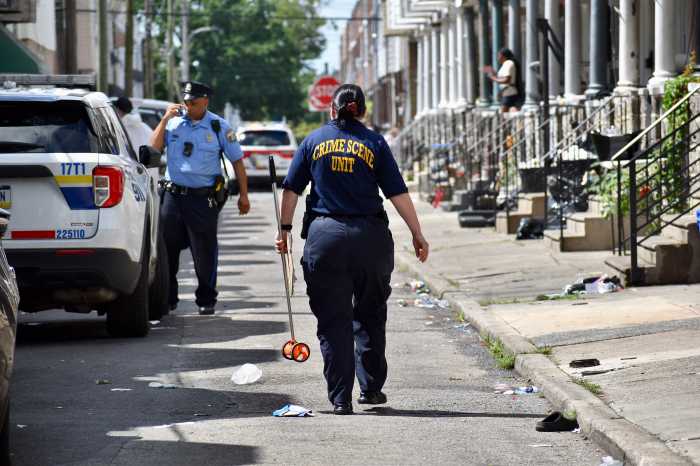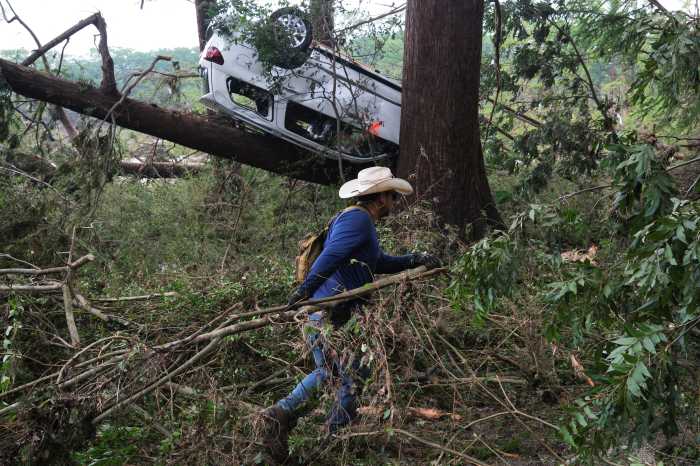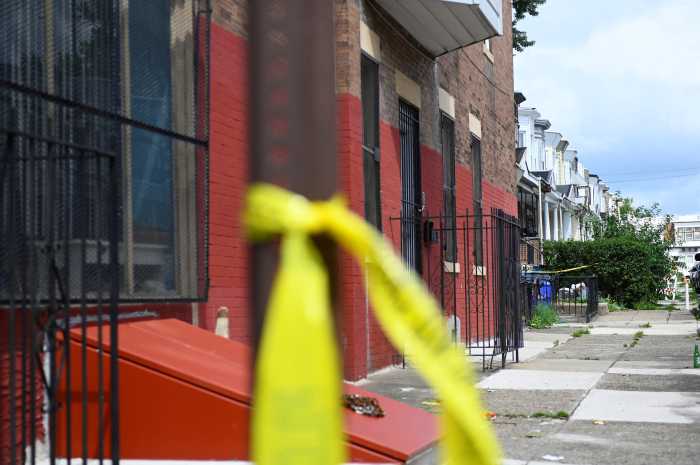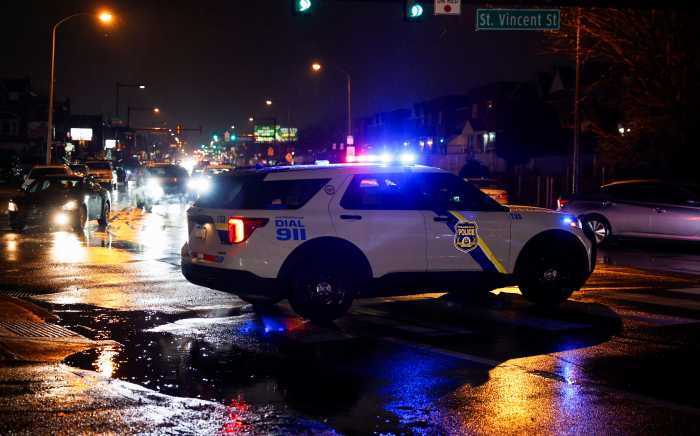Lives that had been focused on school, university and sports vanished overnight for members of Gen Z as the global pandemic struck.
While a lot was heard about older people at risk from COVID-19, this younger generation – born between the late 1990s and the early 2010s – also saw their worlds turned upside down in 2020.
Reuters profiled young people around the world to learn how their lives had been affected by the coronavirus.
Many were forced to live with their parents. Some went from being students, athletes and workers to caring for sick relatives and doing whatever they could to earn money to support families. One teen even became a mother. Like everything to do with the pandemic, nothing was equal. Some were hit harder than others, depending on personal circumstance, location and how quickly the virus was contained.
As they look towards 2021, members of Generation Z share concerns that their lives may have taken a worse hit from COVID-19 than their predecessors, the Millennials, suffered after the 2008/09 financial crisis. Beyond the immediate damage to education and job prospects is the risk of what economists call “scarring” or long-term harm to earnings, training, career prospects and even mental wellbeing.
Here are their stories:
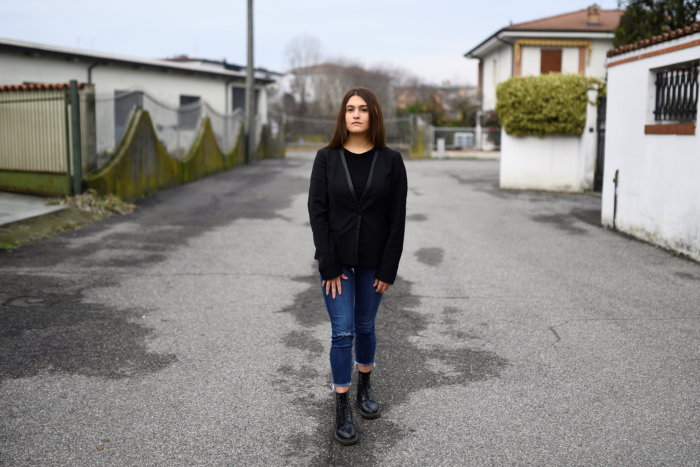
CREMA, ITALY
At the start of 2020, Elisa Dossena had turned 23 and was looking forward to getting an undergraduate degree and pursuing a masters from one of Italy’s most prestigious universities.
Then Italy became the first European country to be hit by the pandemic. It turned her world upside down, putting her plans on hold and forcing her to become the de facto head of a stricken household.
While Dossena was studying in Milan, COVID-19 began ravaging her family and relatives in the town of Crema about 30 miles away in Italy’s first “red zone” in the northern Lombardy region. She returned home to help.
Both her 59-year-old aunt and her 90-year-old grandmother succumbed to other illnesses and died after the virus weakened them. Her father had severe breathing difficulties, although it was never determined if COVID-19 was the cause.
“I had to take care of the house, I had to manage everything for everyone because my mother was busy looking after my father, busy with my grandma, helping my cousin when her parents were ill. So I felt a lot of pressure, a lot of responsibility,” she said.
“It was a very negative period for me. But it also made me grow a lot,” said Dossena, sitting in the living room of her family home in Crema.
After a three-month lockdown in June, restrictions were lifted and Dossena could see her friends again.
But a constant fear of catching the coronavirus loomed like a dark cloud over them all, eliminating the tactile culture of hugs and kisses for which Italians are famous.
“People don’t trust shaking hands, hugging or meeting new people,” she said. “When I entered a closed space. I could feel the palpitations, the anxiety … surely something changed.”
A new spike of the virus in late autumn meant her graduation ceremony was held via webcam, denying her the extended family celebration that usually accompanies the personal milestone.
She is now studying remotely for a masters degree in management and hoping for just a bit of normality in 2021.
“I hope people can leave their homes freely. I hope it will be possible to go for a coffee with friends at the bar. I hope it will be possible to return to school desks, places of work and university,” she said.
“I don’t ask a lot but I hope for this.”
(By Alex Fraser, Emily Roe and Phillip Pullella)
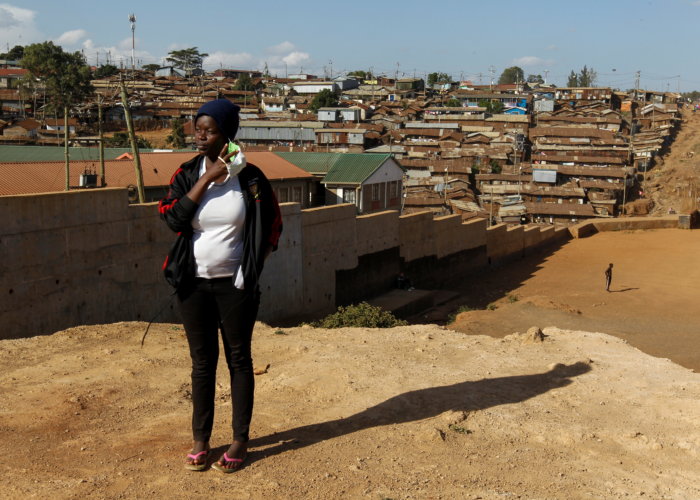
NAIROBI, KENYA
Kenyan teenager Jackline Bosibori wore baggy sweatshirts to hide her pregnancy from her mother as long as she could, reluctant to add to her family’s troubles.
“If I was in school, I could have not been pregnant,” the 17-year-old said.
For Bosibori, who gave birth in November, school closures defined 2020. Many Kenyan advocacy groups fear adolescent pregnancies increased as girls were forced to stay home while parents still went to work.
The father of her little girl – an adult – has avoided Bosibori’s family since learning of the pregnancy. Kenya’s president in July ordered an investigation into rising reports of sexual abuse, including statutory rape, amidst the lockdown.
For Bosibori, school closures have made her dream of becoming a lawyer seem far away.
“I feel I have not progressed in any way this year,” laments Bosibori. “If I was in school, I could have improved in my goals.”
The situation makes her anxious, she said from the one-room home where she lives with six other family members.
“There are people who lost jobs. There are students who will not go back to school; they have stayed out for a long time and have adapted to being at home,” Bosibori explained as she took a break from studying while her baby slept.
Kenyan schools have been shut since March. Bosibori wants to return when they reopen in January, but she worries about the fees.
“My mom lost her job … at this time, we don’t have rent,” she said. “I am stressed.”
“2020 was a bad year to me and it was a good year to me,” Bosibori said. “It was a bad year to me because I got pregnant unexpectedly.”
“But it was a good year to me because I delivered my baby and she is OK.”
(By Ayenat Mersie, Monicah Mwangi and Jackson Njehia)
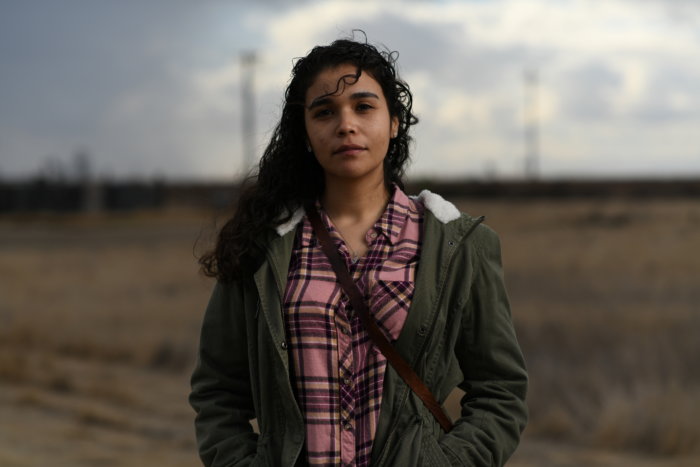
MCFARLAND, CALIFORNIA
Valeria Murguia was finishing her junior year at California State University, Fresno, studying communications and working part time at the campus health centre when the pandemic hit.
All of a sudden, classes went online and her modest income from crafting social media messages to help students stay healthy evaporated. Living in Fresno, a fast-growing city where housing costs were rising, became too expensive, so within a few weeks Murguia found herself back home with her parents in the small farming town of McFarland.
Like many college-age adults in the United States, Murguia’s young life took a sombre turn as the pandemic raged on. She and her friends started taking their health more seriously, working harder at part-time jobs or on homework, and being more open to serious personal relationships.
At home, Murguia concentrated on schoolwork, and on skills she would need after graduation: she learned how to build websites, improved her graphic design proficiency and studied event planning. She also worked with her parents, both immigrants from Mexico, picking grapes in California’s Central Valley vineyards.
“It made people more serious,” she said of the pandemic, “not so loosey-goosey … It’s going to for sure leave a mark on our generation.”
Murguia, now 21, will graduate in May into a tight job market. While the advertising business lost relatively fewer jobs than most other sectors, it has shown effectively no job growth since wider employment began recovering in May. And, employment in the civic and social organizations industry remains 30% below what it was in February.
She has no student debt, so will not bear that burden, however. And economists are increasingly optimistic about the outlook for 2021 and beyond, thanks to the rollout of vaccines for COVID-19. Still, the job market that awaits Murguia and others like her is nothing like it was before the pandemic, when the lowest unemployment rate in half a century meant many graduates had their pick of jobs.
Even so, Murguia is optimistic about her post-pandemic future.
“I’m really staying positive, because if I start looking at the negative things, I just start playing games in my head,” she said. “And I don’t want to end in that space.”
(By Sandra Stojanovic, Jane Ross, Sharon Bernstein and Daniel Burns.)
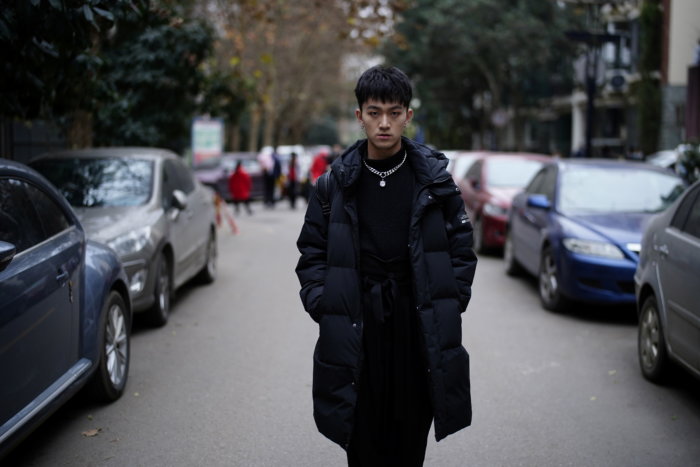
WUHAN, CHINA
Xiong Feng, a 22-year-old graduate, teaches Wuhan’s only class in Voguing, a highly stylized dance form popularised in U.S. gay and transgender communities in the late 1980s.
Wuhan’s surprise 76-day lockdown, which cut the city off from the rest of China overnight on Jan. 23, began long before other countries began to feel the pain of the pandemic.
Xiong, like many other Gen Z people in Wuhan, saw his life, education and business thrown into turmoil. The pandemic meant he was unable to graduate alongside his classmates, and lockdown meant he lost the opportunity to form tight friendships at a formative time in his life.
“I think I’ve lost some friends. The relationship faded away because we didn’t get in touch with each other during the epidemic,” he said.
The city has now largely returned to normal though, after strict controls meant it has not reported a case since May.
For Wuhan’s Gen Z, the economic outlook is perhaps better than for some of their peers abroad, as businesses and offices have reopened and China is set to become the only major economy to grow in 2021.
Local businesses in Wuhan this month told Reuters that the crowds were slowly but surely coming back, and young people – cooped up for months – were looking to spend more on hobbies and social experiences.
For those like Xiong embarking on a first solo business, the post-pandemic flurry has helped attract new customers. For others, including Chinese who study abroad, the pandemic has proved difficult despite China’s comparatively strong control over the disease.
Looking forward, Xiong hopes he can still be a trailblazer in the city’s growing LGBT dance scene in 2021. His Voguing class has attracted more students since the lockdown was lifted, as people emphasise lifestyle and leisure.
“I hope I can establish the first (ballroom event for Vogue dancing) in Wuhan in my spare time. Because I see cities in China like Shanghai and Chengdu have developed a very good ballroom culture, and I believe Wuhan can do it too.”
As the epicentre of the COVID-19 outbreak, Wuhan suffered deep trauma during the first quarter of 2020, locals agree. But Xiong says the experience has yielded important lessons for young people in China and elsewhere.
“I think the world should have more peace and love, and people should not be fighting against each other anymore,” he said.
(By Sun Cong and Cate Cadell)
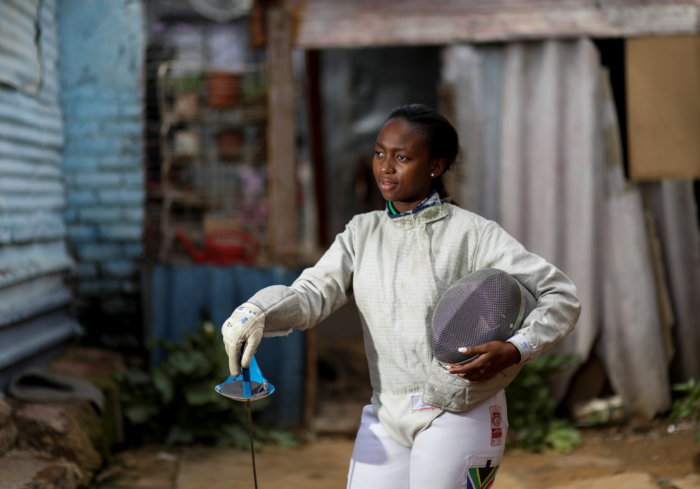
DIEPKLOOF TOWNSHIP, SOUTH AFRICA
When South African fencer Nomvula Mbatha finished top in a national women’s sabre competition in 2019, she seemed set for the Olympics via the African Championships in Egypt, scheduled for April 2020.
Then COVID-19 hit. All competition was suspended and a strict lockdown at the end of March seriously curbed training for the 23-year-old and her team.
“The pandemic has been disastrous for us,” said Mbatha at her home in the Diepkloof township, southwest of Johannesburg. “We basically didn’t get to accomplish anything. This year was cancelled in our lives.”
Even when competition resumed, Mbatha, ranked number one with 17 gold medals, faced enormous difficulties raising funding to attend the international events that would secure her a berth at the Tokyo Olympics, postponed to 2021.
A member of the Soweto Fencing Club, she is just one of the country’s next generation of star athletes struggling to raise cash to compete in an economy hit by low growth and high unemployment, especially for young people.
Between July and September, unemployment among 15- to 24-year-olds rose to 61.3% from 52.3% in the previous three months, according to Statistics South Africa.
As officials look to programmes that can stimulate employment, Mbatha’s focus is on the next African Championships. Once again, though, the pandemic looms. A recent spike in infections has prompted new restrictions.
“What if we go back to lockdown?” she said. “I don’t have a resolution for 2021 … I don’t have anything because I am scared.”
(By Nqobile Dludla, Shafiek Tassiem and Olivia Kumwenda-Mtambo)
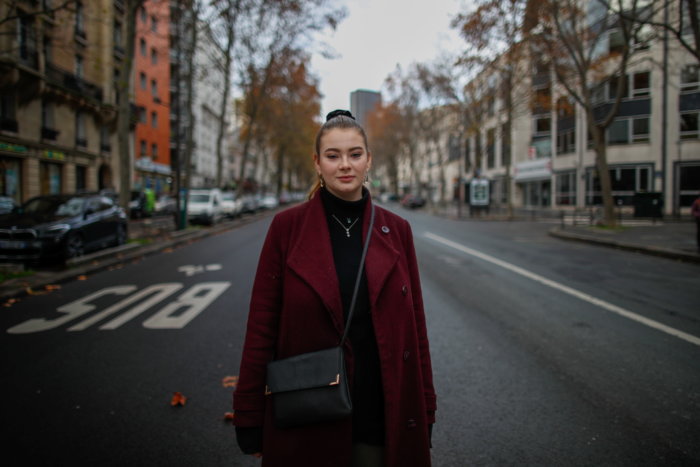
PARIS, FRANCE
Alone in a tiny studio apartment in Paris, unable to leave the country to see her boyfriend, cut off from friends, and uncertain about her future, Solene Tissot felt the weight of the COVID-19 pandemic building up inside her.
“You quickly find yourself overwhelmed by all this. You quickly feel suffocated,” said the 19-year-old.
Tissot, who moved to Paris two years ago to study at the Sciences-Po university, is now seeing a psychologist.
She has been diagnosed with depression and anxiety disorder, conditions she says were triggered by the loneliness brought on by COVID-19 lockdowns.
Such restrictions have taken a toll on the mental health of French youth. Between September and November this year, when a fresh lockdown was imposed in France, the proportion of 18- to 24-year-olds with depression went up to 21% from 11%, according to the French public health authority.
Tissot no longer attends lectures in person because her university has cancelled them. Movement restrictions often make it unlawful for her to visit friends at home.
She has not seen her grandparents in a year. Her course requires her to do an internship. But with many firms operating remotely, she is struggling to find somewhere to take her.
Next year, she was due to do a study year in Lebanon – where her boyfriend lives – but it’s unclear if travel restrictions will allow it.
Once she graduates, finding work will be harder because of COVID-19. According to the Organisation for Economic Cooperation and Development, 22% of French people aged 15 to 24 were neither in work nor education in the third quarter of this year, up from 19% the year before.
Tissot though, is looking to the future. She is learning Arabic, in preparation for the trip to Lebanon she hopes will go ahead.
“What I hope for is also that we can go back to a life that is a bit more normal, and that means being able to see friends without it being illegal to go to their place,” she said.
“It’s true that 2020 didn’t leave much room for good cheer, and I would like to have that again.”
(By Yiming Woo, Maxime Lahuppe and Christian Lowe)
Reuters



